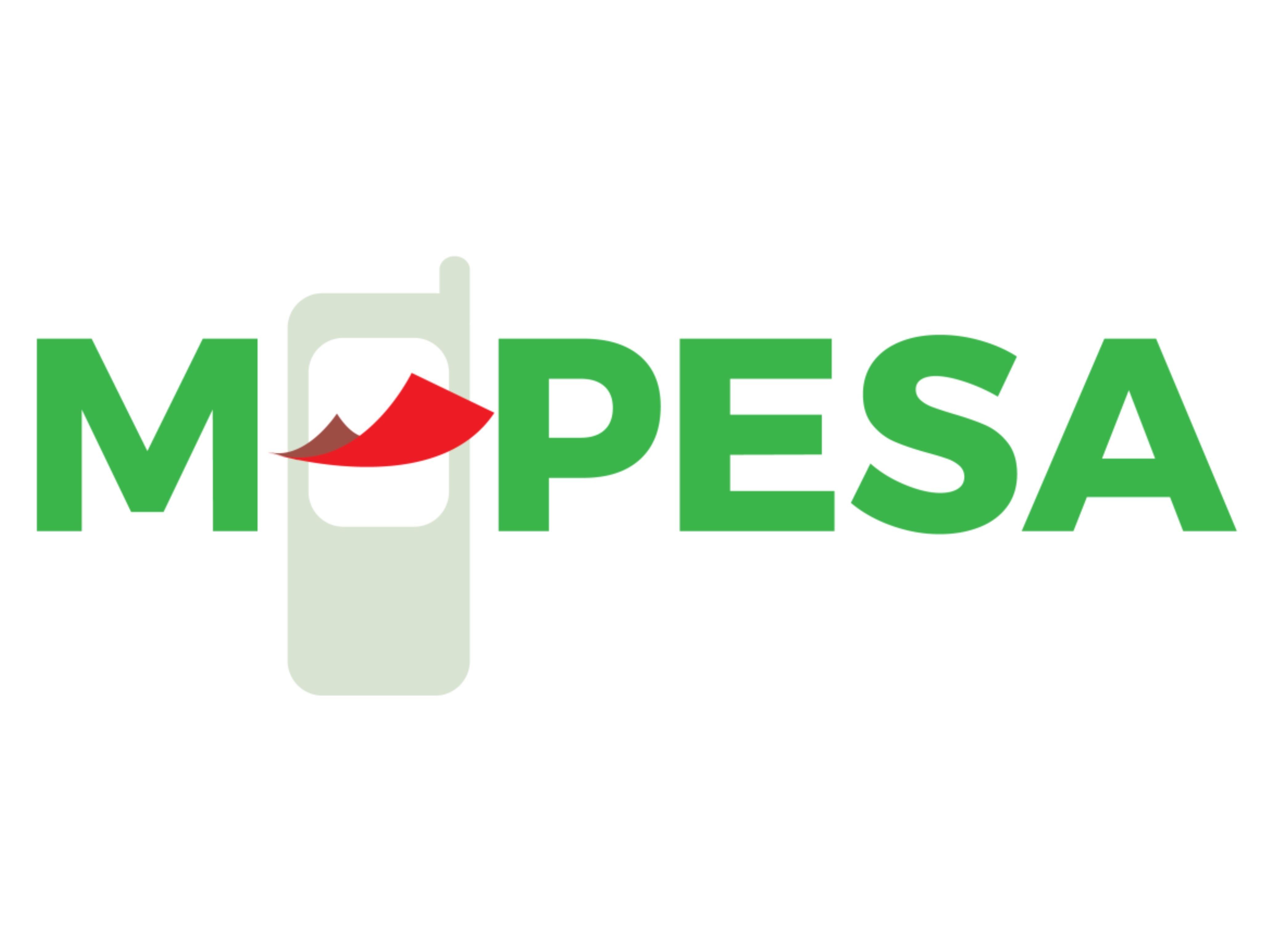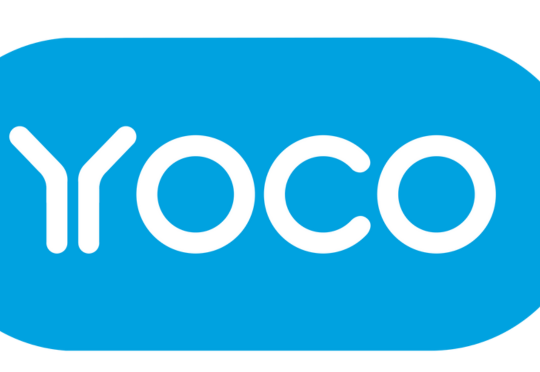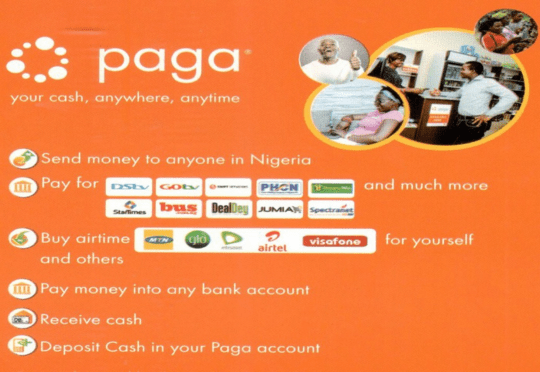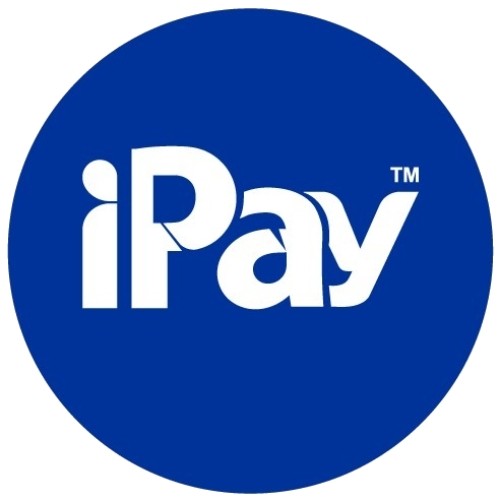A burgeoning segment of African-based companies is revolutionising the global financial technology (fintech) industry. These trailblazing firms are shifting how we approach the development, delivery, and accessibility of financial services.
As cited by Shapshak (2019), Forbes recognises the considerable contributions of startups from South Africa, Nigeria, and Kenya in shaping the fintech landscape across sub-Saharan Africa. “Investment in African fintech has nearly quadrupled in less than two years, reaching a significant $360 million in 2018,” he stated. Interestingly, the youth, particularly women, are at the forefront of these transformative advancements.
The African Fintech Network
Established in Lagos, Nigeria, in December 2018, the African Fintech Network serves as a connective tissue, linking nations, organisations, and other critical stakeholders in the fintech industry to exchange ideas and technology rollouts. This pivotal platform, launched formally three months later in Morocco, currently integrates over half of the African countries.
Top Countries for African Fintech
According to the Global Fintech Index 2020 report by Findexable, six African nations rank among the world’s top 100 in fostering a supportive ecosystem for fintech: South Africa (37th), Kenya (42nd), Nigeria (52nd), Ghana (58th), Egypt (60th), and Uganda (64th).
The Leading Ten African Fintech Companies
Below are ten prominent African fintech firms reshaping the industry.
1. Flutterwave (Nigeria)


Flutterwave is an innovative payments solution company that facilitates payments globally. The firm partnered with international giants like Visa and Alibaba in 2019, broadening its reach and capabilities. Moreover, its collaboration with WorldPay as the first African partner in January 2020 strengthened its cash transfer capabilities across the continent.
2. JUMO (South Africa)


JUMO is revolutionising the financial services sector by providing customers access to various services, including savings, credit, banking, and insurance. It has redefined mobile banking and digital finance through end-to-end banking technology and a flexible platform catering to all consumers, including the unbanked and those with limited financial service access.
3. Mpesa (Kenya)


Mpesa, a Safaricom product, has provided microfinance services to the unbanked Kenyan population since 2007. Besides savings and loans, Mpesa enables B2B transactions for merchants, allowing direct bank account payments.
4. Fawry (Egypt)


Fawry has transformed financial transactions by providing a digital platform for paying bills, purchasing goods and services, and receiving digital cash. It has simplified banking by introducing services to mobile devices.
5. Cellulant (Kenya)


Founded in 2004, Cellulant is a leading digital payments provider with operations in multiple African countries. The company has reached over 20 million customers across major sectors, including agriculture, business, and education.
6. YOCO (South Africa)


YOCO aims to achieve financial inclusion through card technology. The company provides affordable card machines, encouraging businesses to accept card payments. The majority of its registered merchants were not previously accepting card payments.
7. Paga (Nigeria)


Paga is a money transfer service that allows customers to send, receive and pay bills from anywhere, using mobile apps, the web, or USSD. So far, the company has registered over 25,000 agents and around 16 million customers.
8. iPay Solutions (Ghana)


iPay Solutions, a market leader in Ghana, provides payment and business management solutions, enabling corporate clients to accept cashless payments via mobile money or cards. Moreover, the company offers ticketing services, integrating payment and receipt services online, mobile, and in-store.
9. PayStack (Nigeria)


PayStack provides payment solutions to African businesses. The Lagos-based company has significantly impacted card and mobile payments, with over 60,000 businesses currently using its services. It collaborates with notable partners in the payment space, such as Visa and Stripe.
10. Nsano Limited (Ghana)


Nsano offers digital payment solutions, enabling individuals and organisations to make and receive payments and access other financial services. The firm also provides a crowdfunding platform for groups, enabling mobile and bank transfers and savings. It was the first to receive the Payment Service Provider (Enhanced) License granted by the Bank of Ghana.
Future Prospects
Most African fintech companies offer payment services to individuals and businesses. Integrating mobile technology and telecommunications lies at the heart of their business models. With its burgeoning population, ecosystem, and technology, coupled with a large proportion of the population underserved by traditional financial service providers, Africa holds immense potential for developing groundbreaking fintech. The number of customers these firms serve already underscores their substantial impact, and the future is set to have even more promise.
The Role of Government and Regulatory Bodies
Many African governments support fintech development and the broader tech ecosystem through supportive regulatory policies. For instance, the Central Bank of Nigeria (CBN) has set up a regulatory sandbox for fintech companies to help nurture and monitor new ideas in a controlled environment. This initiative has successfully boosted investor confidence and attracted foreign investments (Ondieki, 2020).
Moreover, the African Continental Free Trade Agreement (AfCFTA) that took effect in January 2021 is anticipated to be crucial in supporting cross-border fintech initiatives. By eliminating trade barriers, the agreement will enable fintech companies to access larger markets and benefit from economies of scale.
Boosting Financial Inclusion
A key advantage of fintech companies is their ability to provide financial services to previously unbanked or underbanked populations. By leveraging technology, these companies can reach remote areas that traditional banks often can’t. For instance, according to the World Bank, as of 2020, Kenya has achieved a financial inclusion rate of 82%, primarily attributed to the popularity of M-PESA and other mobile money services (World Bank, 2020).
However, despite these successes, many Africans still need to be ranked, representing a significant opportunity for fintech companies. As smartphone penetration and internet connectivity improve across the continent, we can expect a growing number of people to gain access to financial services through fintech applications.
The Future: More Collaboration and Innovation
The African fintech landscape will likely be characterised by increased collaboration. Financial institutions are starting to understand the benefits of partnering with fintech to drive innovation and efficiency. As Oviosu (2020), CEO of Paga, explained, “Banks are starting to see fintech not as competitors, but as partners in progress.”
Additionally, as the fintech sector continues to mature, there will likely be more innovation in terms of product offerings. Fintech companies are moving beyond payments and money transfers and are now exploring insurtech, robo-advisory, and blockchain technology.
Challenges Ahead
While the future of African fintech is promising, challenges remain. Regulatory hurdles are a common issue, as some governments are yet to catch up with the rapid pace of fintech development. Infrastructure issues, such as inconsistent electricity supply and lack of high-speed internet, pose significant challenges, especially in remote areas.
Furthermore, the issue of cybersecurity must be addressed. With the growing digitisation of financial services, there’s an increased risk of cyber-attacks. Fintech companies must invest in robust cybersecurity measures to protect user data and maintain consumer trust.
Despite these challenges, the potential of African fintech is undeniable. With the continued support from governments, regulators, and investors, and a focus on addressing the existing issues, the sector is poised for sustained growth and innovation.
In conclusion, Africa’s fintech scene is thriving, with many companies providing innovative solutions disrupting traditional financial services. It’s an exciting time for the continent, with fintech not only driving economic growth but also fostering financial inclusion and enhancing the lives of millions of people.

















































